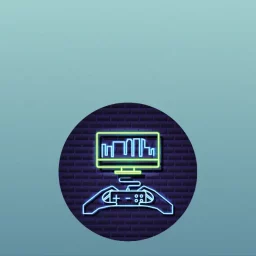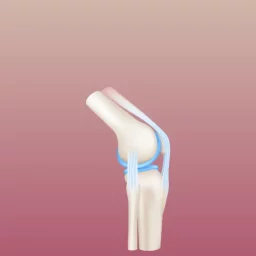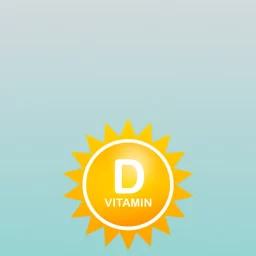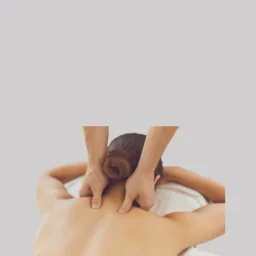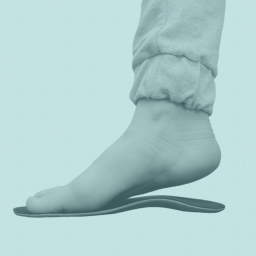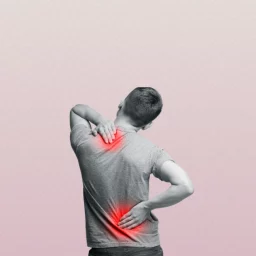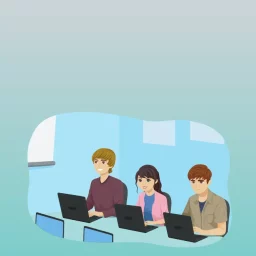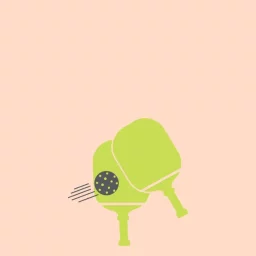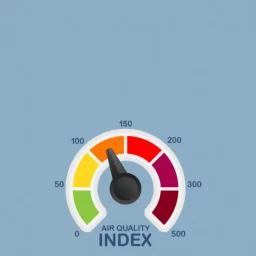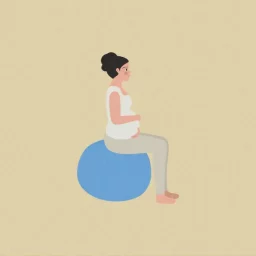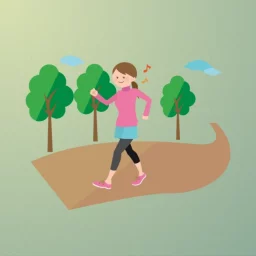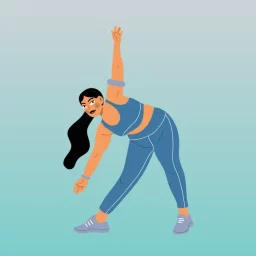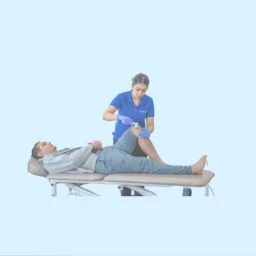Your Glutes – the big muscles that can cause big problems
The gluteal muscles, often called the “glutes” are a group of three muscles which make up the buttocks: the most superficial gluteus maximus (the largest and heaviest muscle in the body), the medium-sized gluteus medius and the smaller gluteus minimus. The three muscles originate from the ilium and sacrum and are inserted into the femur. Together, these muscles are responsible for extension, abduction, external rotation, and internal rotation of the hip joint. The gluteus maximus also supports the extended knee through the iliotibial tract. Because of their involvement in the movement of the hip, and their role in stabilizing the low back and knee, they are closely linked to low back and knee pain, therefore warranting our care and attention.
Your Glutes and Sitting
Sitting for long periods of time can lead to the gluteal muscles atrophying through constant pressure and disuse. This may be associated with (although not necessarily the cause of) low back pain. It can also cause difficulty with some movements that naturally require the gluteal muscles, such as rising from a seated position and climbing stairs.
With time, constant sitting can lead to abnormal postures such as lower crossed syndrome. Lower crossed syndrome is a change in the balance of the muscles in the lower torso, hip and upper legs. These imbalances can occur when muscles are constantly lengthened and shortened in relation to one another. Tension and overactivity tend to be present in the hip flexors and lumbar extensors. In comparison, there is a weakness or under-activity in the abdominal muscles and the gluteus. Tight hamstrings is also a common finding when glutes are inhibited. As a result of this imbalance, the pelvis will tend to tilt forward. The lower back curvature may also be exaggerated (hyperlordosis), and the hips tighten. This is one of the main reasons why excessive sitting can lead to low back pain.
Glutes and Your Knees
If you are experiencing knee pain, any evaluation should include an assessment of your hip mobility and strength. Weakness in the muscles around your hips, particularly your glute muscles, can affect the position of your thigh and knee when you are walking, running, or climbing stairs.
Glute weakness can cause dysfunction in the kinetic chain as they are connected to the IT band. The IT band runs from the hip, down the lateral thigh to the knee. It can become tightened, causing friction and imbalance at the knee, and then leading to altered movement mechanics and knee pain. This dysfunction is called IT band syndrome. By working closely with your chiropractor and/or physiotherapist, you may be able to strengthen your hips, take stress off of your knee, and return to your normal activity level.
Strengthening Your Glute Muscles
The gluteus medius is a primary mover. This means that it is the main muscle used for a lot of the work with certain movements. When it decides to take a break (due to fatigue, injury, repetitive improper form, etc.), the stabilizers and accessory muscles have to kick into high gear to carry the workload. In the short term, this isn’t necessarily a big deal and your body can compensate for the dysfunction. However, over time, your body will start to misfire the prime mover and become too reliant on the smaller assistant muscles. So develops an injury.
It should go without saying that strengthening your glute muscles is an important part of rehabilitation. However, this must be done properly and with the help of a specialist such as a physiotherapist or chiropractor since these muscles have the tendency to misfire and compensate. By properly engaging the glutes during exercise, some of the tension in the IT band may be reduced, your low back will have more stability and your posture will improve. This also helps in rehabilitating the kinetic chain of your lower limbs.
Are your glutes suffering from excessive sitting? Book an appointment for an initial assessment with one of our Chiropractors or physiotherapists by contacting our Glebe or Byward locations to find out how a musculoskeletal health specialist can help you.
If you’re suffering from excessive sitting it may be time to wake those glutes up! For more information or to book an appointment with one of our chiropractors, physiotherapists or, massage therapists, visit our clinic websites at Curavita Byward and Curavita Glebe.
Byward Market
Email: info.byward@curavita.com
Glebe
Email: info.glebe@curavita.com


